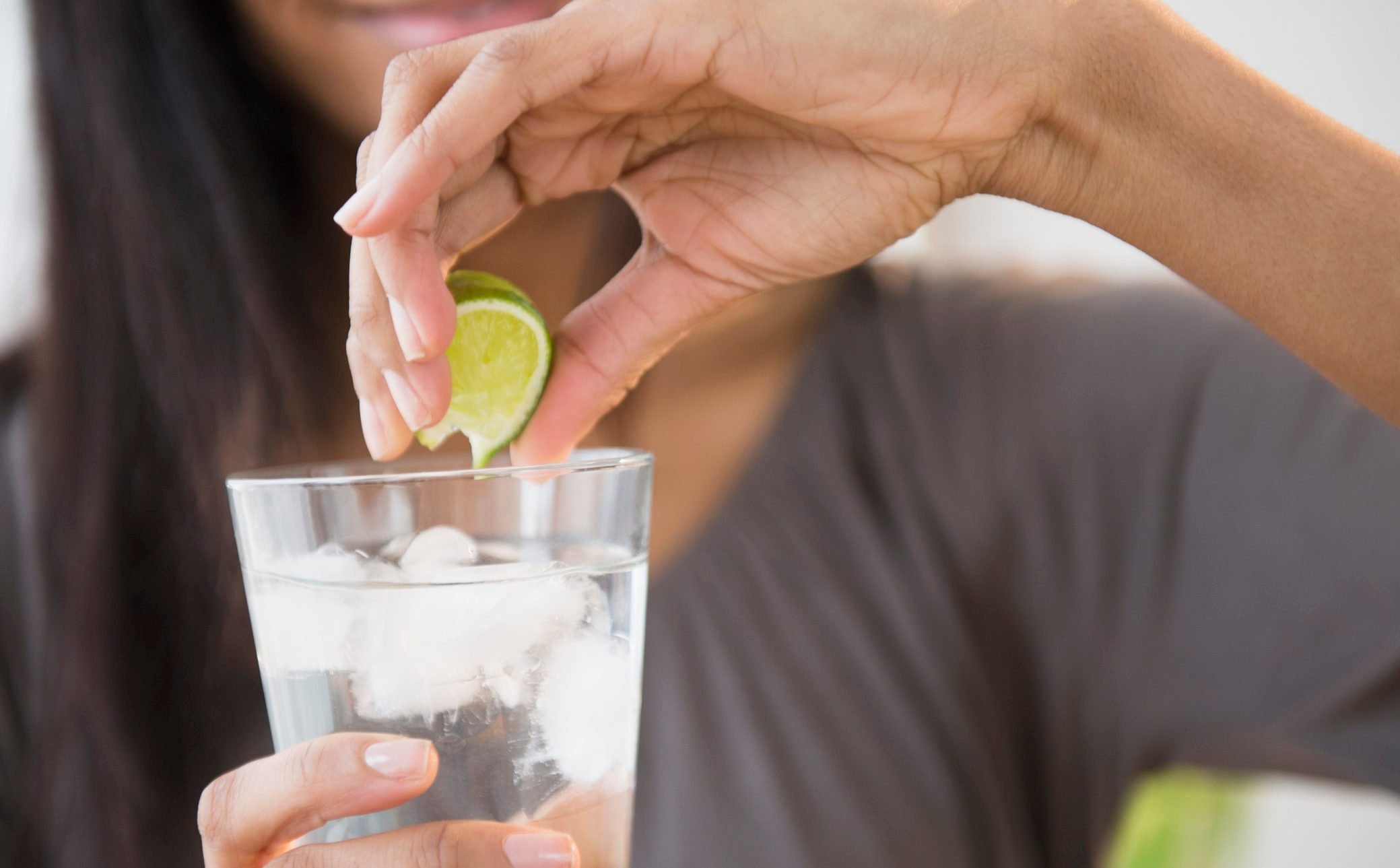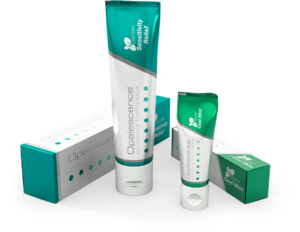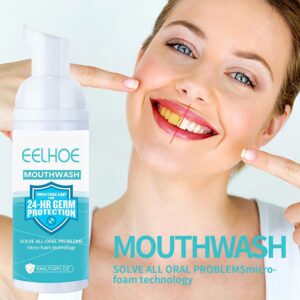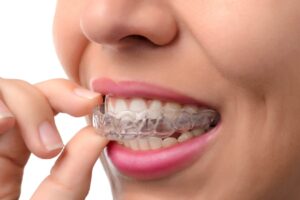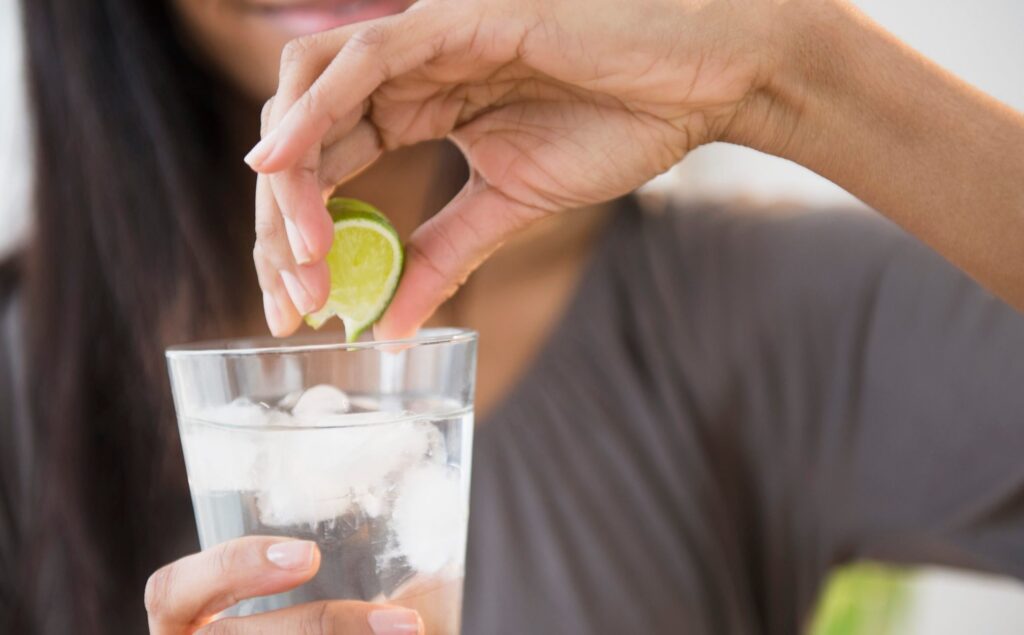
Lime juice is a popular beverage around the world. In fact, it has also been used as a staple ingredient in many dishes and drinks, adding a tangy flavor to any meal.
While lime is refreshing and provides many health benefits, what many people do not realize is that it can actually be bad for your teeth. This is due to the high acidity of the fruit, while can erode the enamel on your teeth and make them more susceptible to cavities and tooth decay.
On average, citrus food like lime and lemon have a pH level of between 2 and 3. In contrast, the normal pH of saliva is between 6.4 and 7.5. A 2014 study published by the Journal of the American Dental Association (JADA) concluded that any drinks with a pH of less than 3 is considered extremely erosive towards the teeth.
So what actually happens when you consume acidic food such as lime?
First of all, the pH level in your mouth drops bellow the normal range. When the pH levels in your mouth becomes too acidic, it will lead to a condition known as acid erosion. When this happens, the enamel (the hard, protective outer layer on the surface of the teeth) is gradually worn away by the acid. This causes the teeth to become discolored and more prone to cavities.
You may be interested in: How To Prevent Decalcification of Teeth?
Another notable effect of acid erosion is dentin hypersensitivity. This is due to the erosion of the enamel which exposes the dentin, the middle layer of hard tissue just below the enamel. When this happens, one will experience an extreme sensation (or pain) when exposed to a thermal or chemical stimuli such as hot or acidic food.
Apart from the consumption of lime juice, there are other food and drinks that can also cause erosion of the tooth enamel. These include sports drinks, carbonated breverages, wine, tomatoes, and berries.
Other scenarios that can lead to acid erosion are gastric reflux and bulimia. In both situations, the stomach acid, which has a pH of between 1 and 2, flows back to the mouth and creates an acidic environment that erodes the enamel.
What Is the Nutritional Value of Lime?
Lime are small, round and green citrus fruits that are packed full of nutrients. A whole lime (~67 grams) contains:
- Calories: 20 grams
- Vitamin C: 22% of the Daily Value (DV)
- Iron: 2% of the DV
- Calcium: 2% of the DV
- Vitamin B6: 2% of the DV
- Thiamin: 2.5% of the DV
- Potassium: 1% of the DV
- Niacin: 1.2% of the DV
Other nutrients in lime includes flavonoids, niacin, folate, magnesium, and phosphorus. As mentioned, limes contain a high amount of vitamin C which boosts your immune system and improves your skin complexion. Flavonoids are also powerful oxidants that can help prevent the onset of cardiovascular diseases and cancer. Folate, which is an essential vitamin B, aids the growth of red blood cells and reduces the risk of heart diseases.
It’s important to note that the nutritional value of lime will vary depending on the method of preparation and the quantity consumed. Eating the fruit in raw form is considered to be the best way to get most of its nutritional benefits.
How To Enjoy Lime Without Damaging Your Teeth
Like all citrus fruit including lemon and orange, lime can be damaging towards the health of your teeth if consumed in large amounts and frequently. However, the health benefits of lime cannot be overstated. So, how can you enjoy your favourite citrus fruit drink without causing too much harm to your teeth?
Well, all you have to do is to make a few simple tweaks to your recipe or habits!
- Dilute your lime drink. Reduce the concentration of the lime simply by adding more water to the drink. This gives you the flavor of lime and allows you to take in all the health benefits without causing harm to your enamel.
- Limit your consumption. Try to limit your consumption of lime juice and other acidic foods and drinks, particularly if you are experiencing symptoms of dentin hypersensitivity.
- Rinse your mouth with water. After consuming lime juice or lime-flavored food, swish your mouth with water or mouthwash to neutralize the acid and wash away any leftover sugar that may be stuck to the enamel.
- Brush your teeth after 30 minutes. You should not brush your teeth immediately after consuming acidic food as you risk further damaging to the softened enamel. As a general rule of thumb, wait for 30 minutes to an hour before brushing your teeth.
- Use a straw. This simple trick avoids direct contact of the acidic drink with your teeth, all while sending all the amazing nutrients to your mouth. In fact, do this for all sugary and citric drinks!
- Chew sugar-free gum: Chewing sugar-free gum after eating or drinking acidic foods or drinks can aid the neutralization of the acid and promote the flow of saliva, which can help protect your teeth.
- Consume cheese. Research have shown that consuming cheese after consumption of an acidic drink can help to increase the pH level in the oral cavity as well as increase saliva production.
In conclusion, it is important to remember that while lime juice is a delicious and refreshing drink, one should be mindful of its acidity and how it can be detrimental to the health of your teeth. Also, it is not about avoiding consuming these acidic foods and drinks altogether, but about consuming them in moderation and taking the necessary precautions to protect your teeth. Last but not least, ensure that you go for regular dental checkups and practice good oral hygiene to maintain good oral health.

